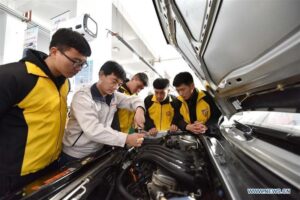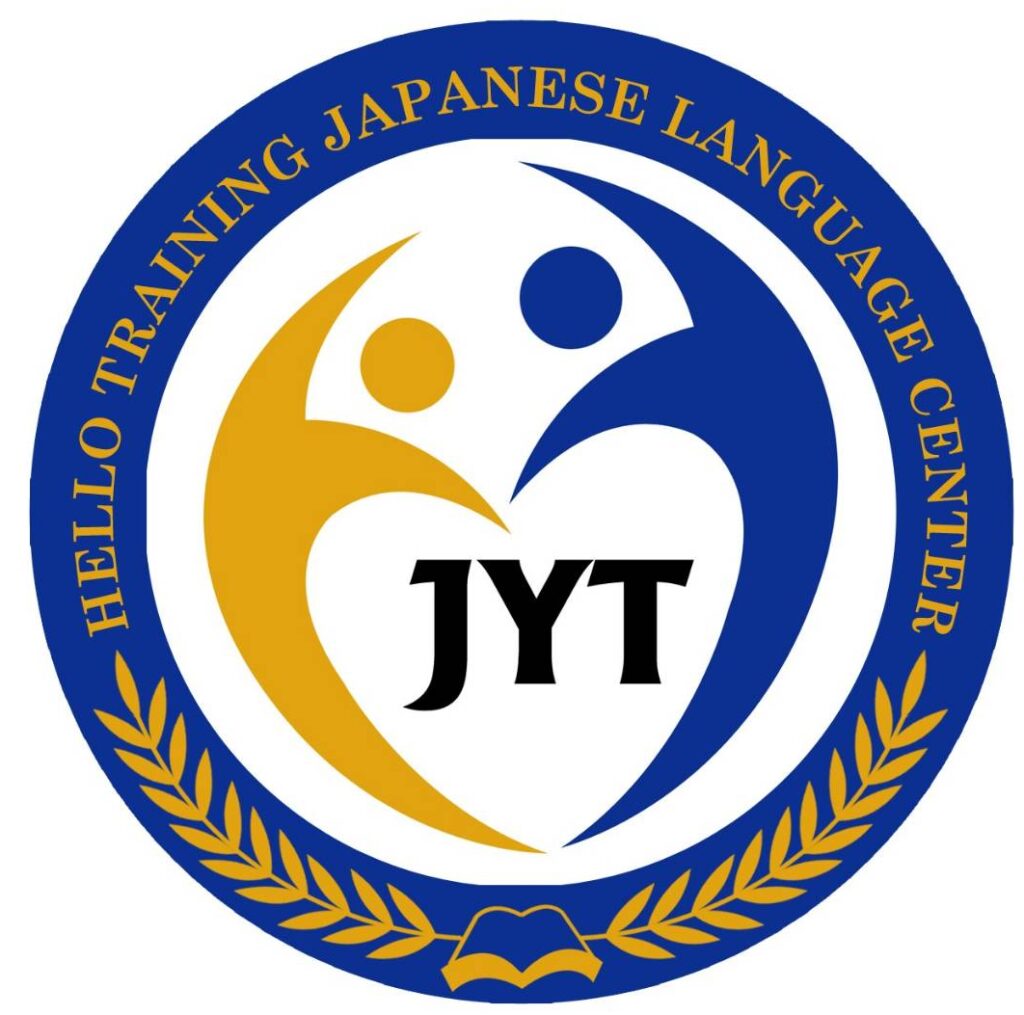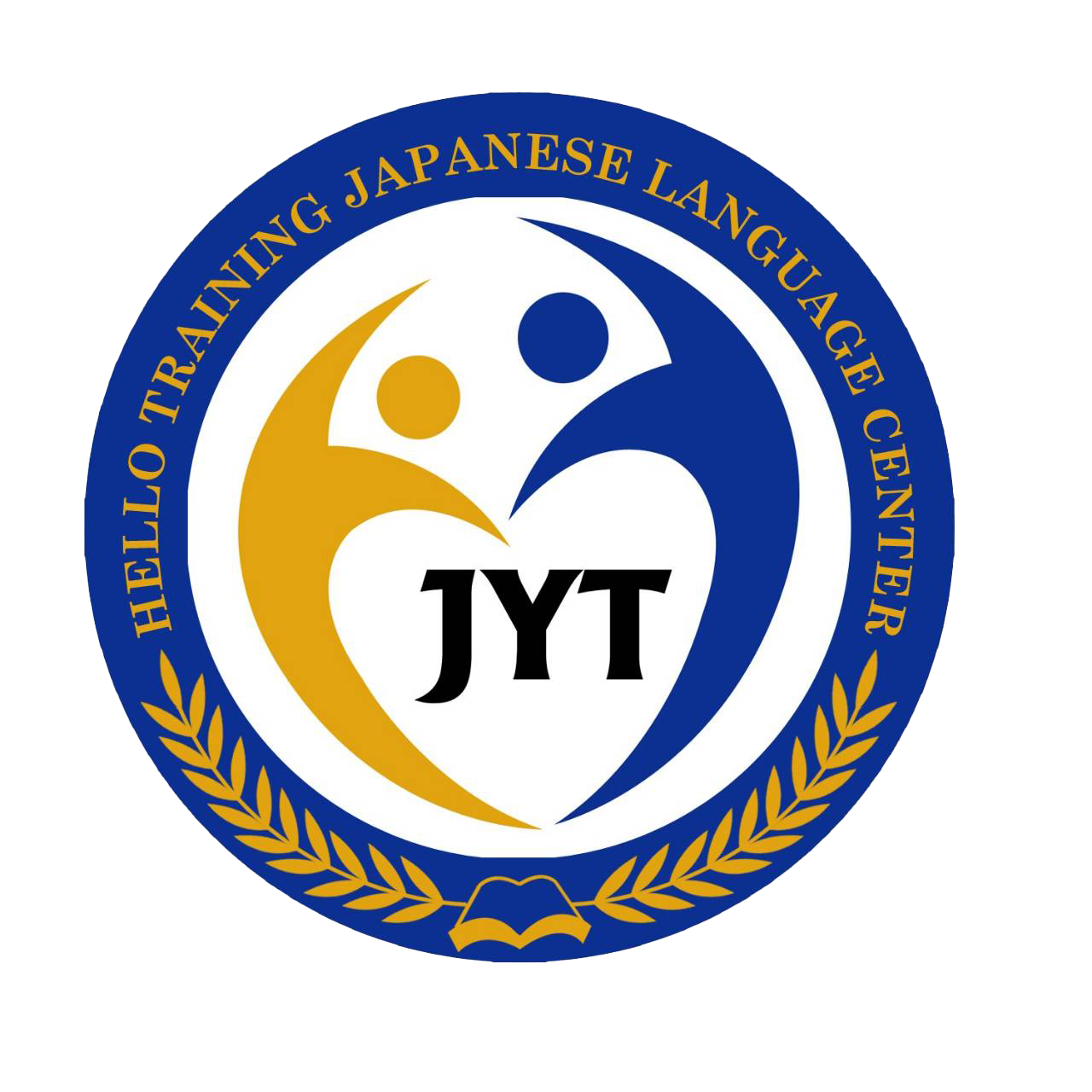vocational training
Our Professional Development Initiative
Practical Training Modules: Hands-On Learning for Real-World Success
“Hello Training JLC” is instrumental in reshaping the landscape of Technical and Vocational Education and Training (TVET) in Myanmar. With a growing need for skilled workers, Myanmar, like many developing nations, faces challenges in its TVET system. Despite a policy framework mandating 12 years of compulsory education, vocational training, and apprenticeship promotion, the quality and alignment of skills with industry demands remain inadequate.
One of the primary hurdles is funding, with governmental resources proving insufficient to meet the vast demands of TVET. Recognizing the imperative for private

sector involvement,
the Myanmar Ministry of Education seeks partnerships with foreign entities, allowing for up to 49% foreign investment. Collaborations with educational experts and governments from nations like Australia, Korea, and the Netherlands aim to enhance the quality of vocational education.
“As we continue to redefine what a ‘good education’ looks like, the emphasis on vocational/skills training is vital. I have been a strong advocate for vocational programs in both the high school and the university/career college setting.
As a school leader, I have offered programs in the fields of mechanics, nursing, web design, computer-aided drafting (CAD), criminal justice and catering.”
Shanna Parry – Co-Founder and Senior Managing Partner at Global Services in Education
A critical aspect hindering vocational education development is the shortage of qualified instructors and assessors, exacerbated by the dearth of postgraduate institutions in applied sciences. Lecturers emphasize the importance of fieldwork competency over theoretical teaching, advocating for more internship opportunities.
 To address these challenges, partnerships with overseas vocational institutions offer avenues for lecturer training and internships. “Hello Training JLC” plays a pivotal role in providing hands-on experiences and fostering industry-aligned skills.
To address these challenges, partnerships with overseas vocational institutions offer avenues for lecturer training and internships. “Hello Training JLC” plays a pivotal role in providing hands-on experiences and fostering industry-aligned skills.
However, a paradigm shift is essential to elevate the status of vocational graduates in the eyes of employers. Despite possessing practical expertise, vocational diploma holders often face lower salaries and limited recognition compared to their peers with bachelor’s degrees. This disparity discourages students from pursuing vocational programs, impacting enrollment rates.
Looking ahead, the Myanmar government aims to expand TVET infrastructure by establishing 200 additional training centers, albeit challenges persist in terms of costs and application rates. Nonetheless, opportunities abound for Hello Training JLC in supporting regional and national TVET initiatives, from curriculum design to ‘train-the-trainer’ programs.
Amidst these challenges lie opportunities, including English language training across various education levels. Through strategic initiatives and partnerships, Hello Training JLC is poised to drive transformative change in Myanmar’s vocational education landscape, bridging the gap between skills training and industry demands.

